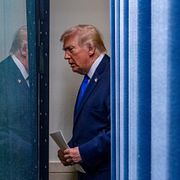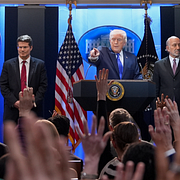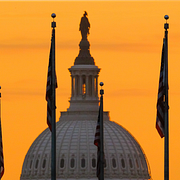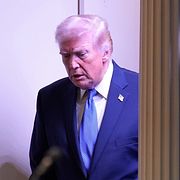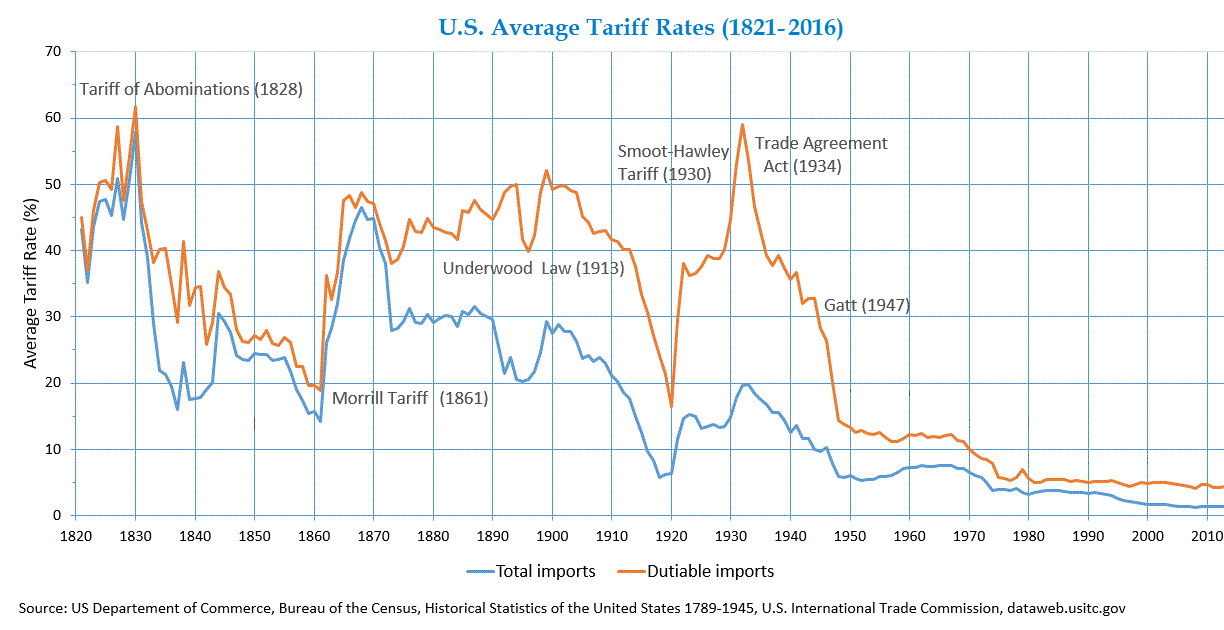
Tullkris hotar världshandeln: ”Kan bli värre än på 30-talet”
Donald Trumps nya tullpaket riskerar att få allvarliga konsekvenser för världshandeln, säger Internationella Handelskammarens globala ordförande Philippe Varin till DI.
– Den största risken är en systematisk upptrappning, säger han.
Varin menar att situationen kan bli tre gånger värre än 1930-talets tullkris om fler länder svarar med egna handelshinder.
Han uppmanar företag att ta ett större ansvar i att bygga en ny global handelsordning och betonar vikten av att WTO bevaras. En kollaps av Världshandelsorganisationen skulle enligt honom kunna halvera världens handelsflöden och minska utvecklingsländers BNP med upp till 5 procent.
bakgrund
Smoot–Hawley Tariff Act
Wikipedia (en)
The Tariff Act of 1930 (codified at 19 U.S.C. ch. 4), commonly known as the Smoot–Hawley Tariff or Hawley–Smoot Tariff, was a law that implemented protectionist trade policies in the United States. Sponsored by Senator Reed Smoot and Representative Willis C. Hawley, it was signed by President Herbert Hoover on June 17, 1930. The act raised U.S. tariffs on more than 20,000 imported goods.
Excluding duty-free imports, when enacted, the tariffs under the act were the second highest in United States history, exceeded by only the Tariff of 1828. The act prompted retaliatory tariffs by many other countries.
The act and tariffs imposed by U.S.'s trading partners in retaliation were major factors in the reduction of American exports and imports by 67% during the Great Depression.
Economists and economic historians have agreed that the passage of the Smoot–Hawley Tariff worsened the effects of the Great Depression.
Läs även
Omni är politiskt obundna och oberoende. Vi strävar efter att ge fler perspektiv på nyheterna. Har du frågor eller synpunkter kring vår rapportering? Kontakta redaktionen
